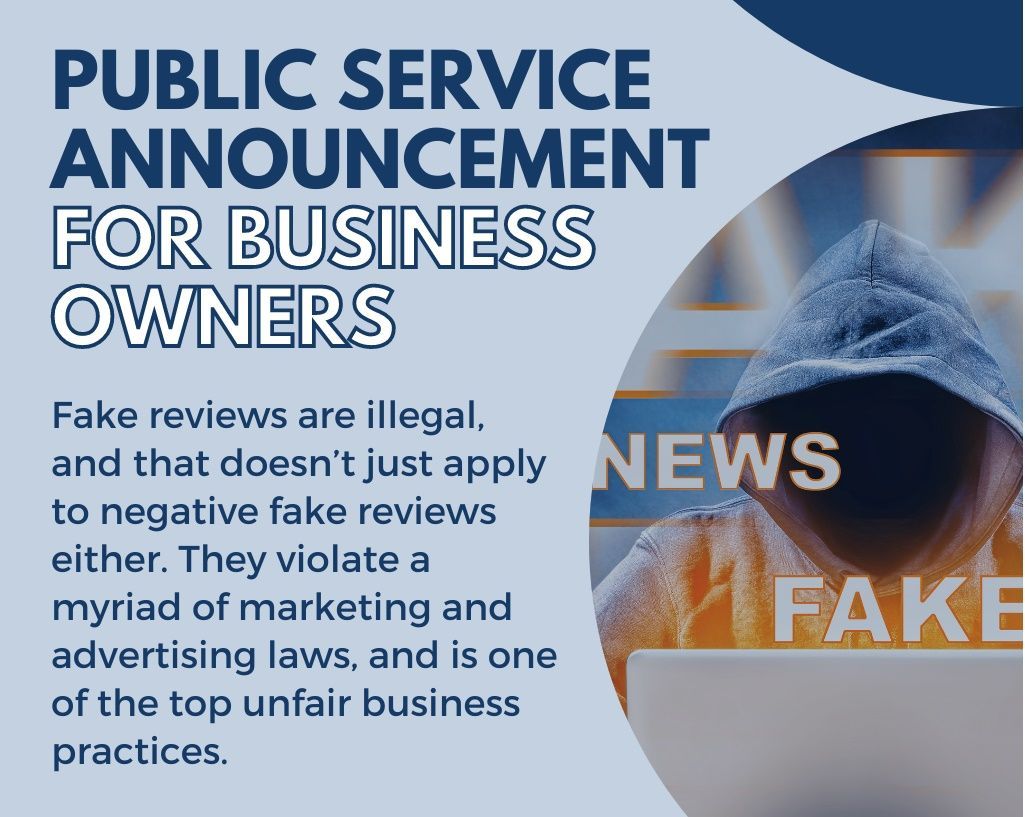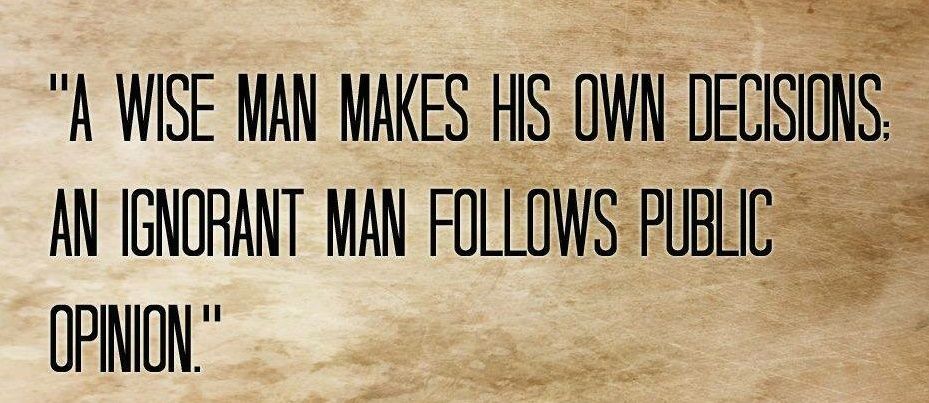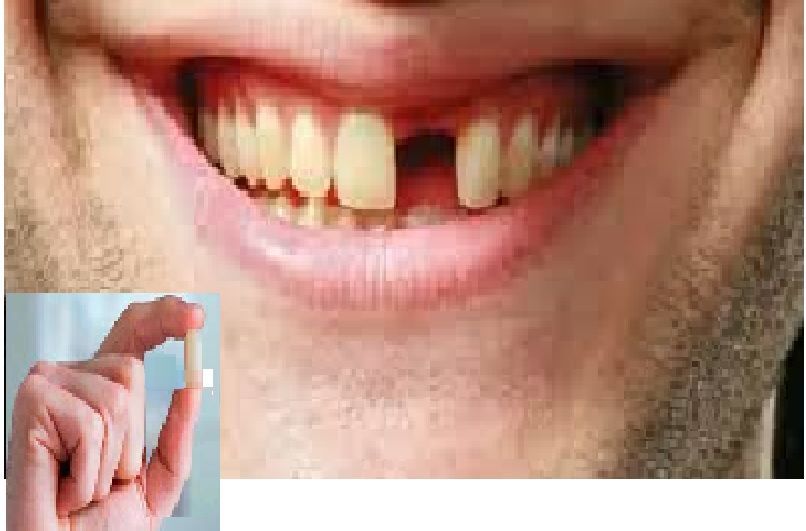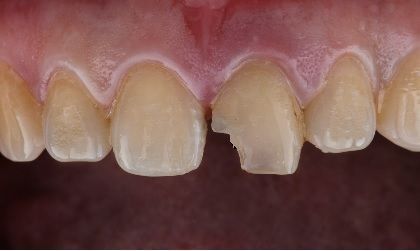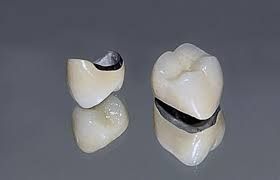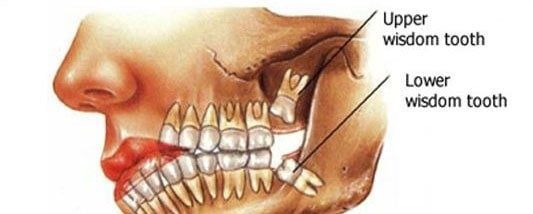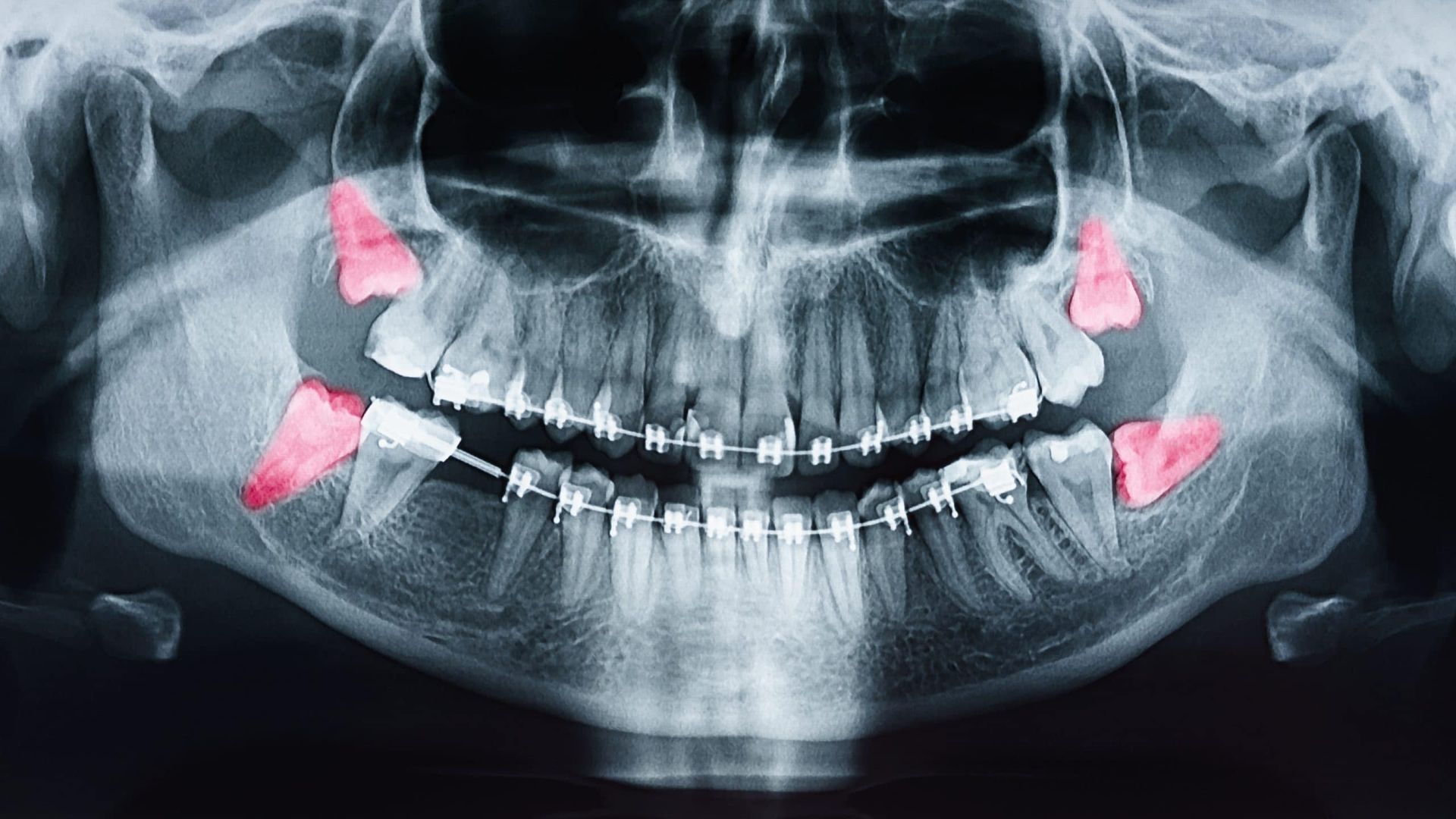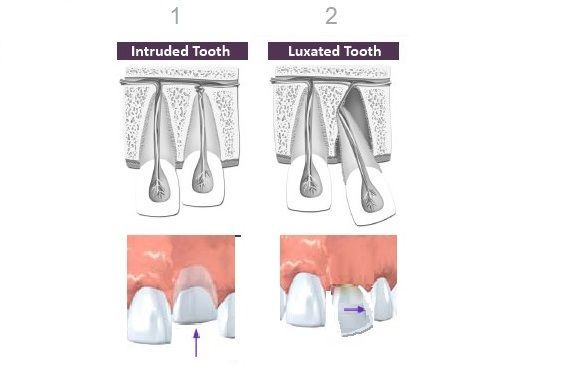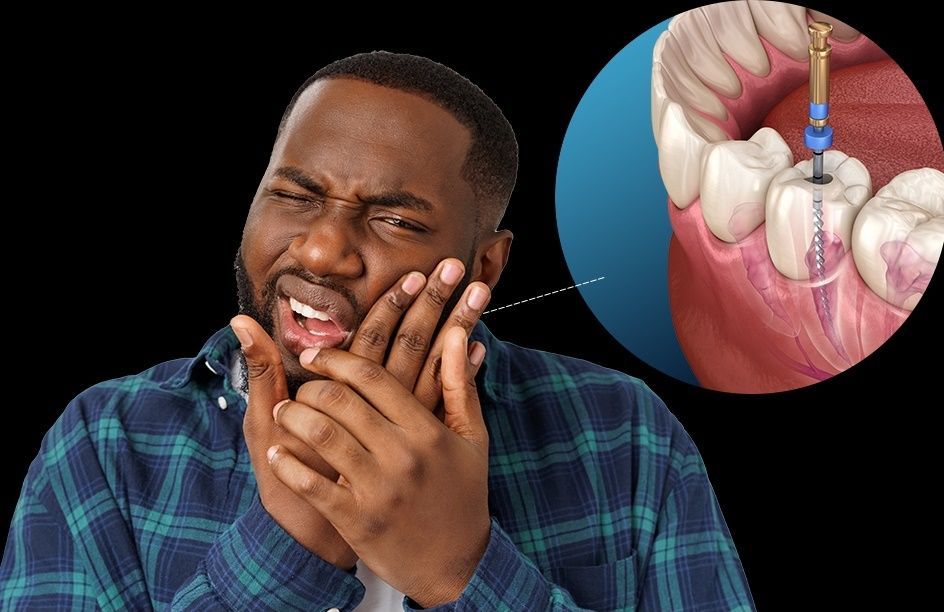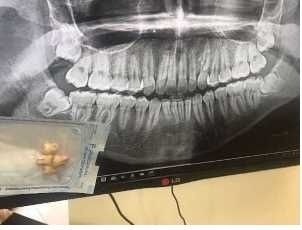11 Signs you can use to tell if your Dentist is Good
1. Listening: Listening is a vital skill for any medical care professional, and it is especially important for dentists. An exceptional dentist will take the time to listen to your needs, concerns, and questions, ensuring they are fully addressed. A good dentist conducts a thorough examination of your oral health before suggesting any treatment plan, offering multiple optionsfor proper dental care.
2. Teaching: Many patients may not have the knowledge or experience to care for their teeth and gums effectively. A good dentist will guide you on how to manage your unique oral health issues and inform you of available treatment options. A great dentist will also take the time to answer your questions and suggest over-the-counter products that can help you maintain your dental health.
3. Friendly-Professional:First impressions are crucial. If your dentist’s office is not well-maintained, or the staff is unfriendly, it’s a sign they may not prioritize your care. A good dentist keeps a clean, orderly office and hires approachable staff to ensure you feel comfortable during your visit.
4. No upselling: A trustworthy dentist will offer a variety ofprocedures to meet your needs without pushing unnecessary treatments. If you frequently question the cost or necessity of your dental diagnoses, it’s a warning to be cautious.
5. Consistantly appointed: A good dentist seeks to build a long-term relationship,following up to help schedule your next (minimum) 6 month appointment. They should also advise on when you may need additional dental exams or treatments.
6. Honest reptutation: An excellent dental clinic maintains a strong reputation, with any complaints addressed professionally and courteously. Friends, neighbors, and family in the area should always be your first ones to ask about a good dentist in the area.
7. Internet reviews: Internet reviews can be quite helpful, especially the negative ones. It's worth paying attention to those 1-star reviews, as they can provide valuable insights. Dentists often receive either 1-star or 5-star ratings, with little in between. It's also much more likely for a dissatisfied patient to leave a 1-star review than for a satisfied one to post a 5-star review. Not fair for the dentist in most situations but a fact of human nature. Therefore, it's important to be cautious when making decisions based solely on online reviews. Dentists with low star ratings receive fewer calls, while those with higher ratings tend to attract more patients. Dentists with a low internet star rating often hire an SEO company to post fake reviews to fix it. This is done by purchasing 5-star reviews in batches of 25, 50, 100 or more to bury legitimate negative 1 star reviews. Having 100’s to 1000’s of fake reviews ensures the dentist of 5 star rating even when the occasional bad one is posted. 1 legit bad review has little to no effect on lowering the 5 star rating when the numbers are cooked to favor 5 stars in 100’s if not 1000’s. These reviews can be posted all at once, which is easy to spot, or more deceptively, spread out over time of their monthly SEO-advertising contract , making it harder to detect. These fake reviews are generated by AI or humans using different IP addresses to fool internet review platforms like Google, Yelp, and Healthgrades to accept as coming from different real people! The end result is a bought-fixed-fake- bullet proof- misleading 5-star reputation leading to higher search engine rankings and more business for the dentist. Be very suspicious of a dentist with hundreds of 5-star reviews and very few, if any, 1-star reviews—especially if there's been a sudden influx of positive reviews (look at the dates). Be suspicious of a dentist who is newly open 1-3 years and has 100's if not 1000's of 5 star reviews. The likelihood that a dentist with a sterling 5 star reputation, garnishing reviews in the 100’s -1000 range, fitting the above described profile has bought fake reviews to increase their reputation to 5 star is extremely high . While there are laws to protect the public from false advertising, they are not yet being effectively enforced
against these internet reputation scams. A healthy number for a dentist is 1-10 unsolicited good reviews/ month with an occasional bad one.
8. Cancer Screening: Though oral cancer is rare, a good dentist may occasionally recommend an oral cancer screening during your annual check-up. Being proactive is key to addressing this serious health concern.
9. Comprehensive care: Beyond preventative care and cleanings, most good dentists also offer additional services like cosmetic dentistry, orthodontics, and dental implants to meet all your dental needs.
10. Emergencies: In case of emergencies, knowing your dentist can get you in fast after-hours care can be reassuring. If you break or lose a tooth, it’s important to have access to immediate care.
11. Location: The location of your dentist’s office. A dentist who is conveniently located near your home or workplace makes it easier to keep regular appointments.


